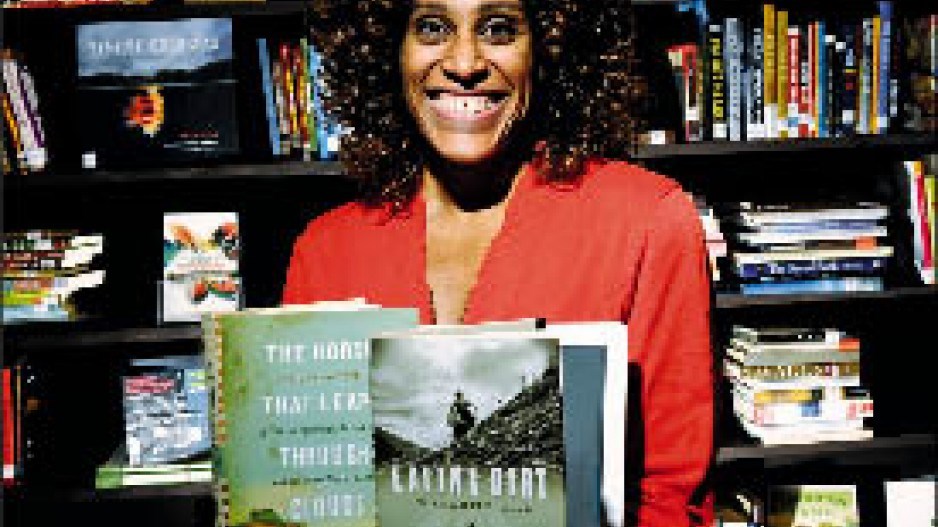If you have an iPod, chances are the music in your playlist is a collection of singles that you’ve either downloaded individually or ripped from a CD.
But if you have an e-reader, you’re pretty much stuck with a collection of e-books in their entirety.
That is about to change, thanks to Bookriff, a new digital publishing company that applies the practice of “remixing” to the printed word and allows virtually anyone to publish an anthology of previously published work.
“Bookriff is like iTunes for books,” said Rochelle Grayson, the company’s co-founder and CEO. “Bookriff allows consumers and publishers to take the book apart into all its components, all its chapters, and remix it and resell that content, either for personal purposes or for new audiences.”
The idea behind Bookriff appeals to Rowland Lorimer, director of the Master of Publishing program at Simon Fraser University.
“We’ve reached a stage in technology where it’s possible to divide up books in chapters and really form anthologies of various kinds.”
Bookriff provides a free platform to search for content, assemble it, obtain rights from publishers, create a book – either in e-book or print format – make it available for sale in Bookriff’s online marketplace and even market it through social media channels.
The company is the brainchild of Mark Scott, a former investment banker and book collector who bought D&M Publishers four years ago. D&M has provided Bookriff with the startup funding to get it off the ground.
As anyone who has backpacked through Europe can attest, carrying around half a dozen Lonely Planet and Frommer’s guidebooks and foreign language phrase books can be a pain. Scott often found himself wishing he could simply excerpt the sections he wanted from travel guides and carry it all around in one “mixed” book while travelling.
With so many books, magazine articles and other kinds of content available either online or in ePub format, that’s now possible. All that was missing was a simple program to help people “curate” their own anthologies.
Scott knew Grayson from a philosophy club they both belong to. He also knew she had the skills to develop a publishing platform. Grayson has an MBA in finance and business policy from the University of Chicago and worked in Silicon Valley during the dot-com boom. She started a blogging software company in the late 1990s, and teaches social media marketing at the University of British Columbia.
Bookriff works with publishers to obtain permission to excerpt portions of copyrighted material, and set prices.
Say you’re a vegetarian who wants to create a cookbook featuring some of your favourite recipes from other cookbooks and magazine articles, with some of your own dishes included. Once you’ve selected the material you want to use, Bookriff obtains the content from the publisher, the permission to use it and the price.
If you excerpt 15 chapters from various books, for example, the new compilation you create might sell for $15 ($1 per chapter).
It costs the creator nothing to create the book. For every book sold through Bookriff’s marketplace, publishers receive 70%; Bookriff receives 30%. Bookriff is recommending to publishers that they kick back 5% of their profits to the curator-creator. And if some of the content is yours, you set your own price on your content and receive the money through Bookriff.
Not all publishers are necessarily keen on the idea of having their work going into a stew with work from their competitors, and some authors might not like the idea either. But Grayson said that, for the most part, publishers like Bookriff.
“The response from publishers has been overwhelming. They’ve all been looking for ways to repurpose their content and make it fresh.”
While most of the books sold through Bookriff are likely to be in e-book format, the company is working with Ingram Publishing Services, which specializes in on-demand short run printing, to publish in print format as well.
Scott and Grayson believe the biggest potential market is in academia, the legal and medical professions and market research.
Bookriff celebrated a soft launch last week and will work with publishers before opening the service to the general public. •




